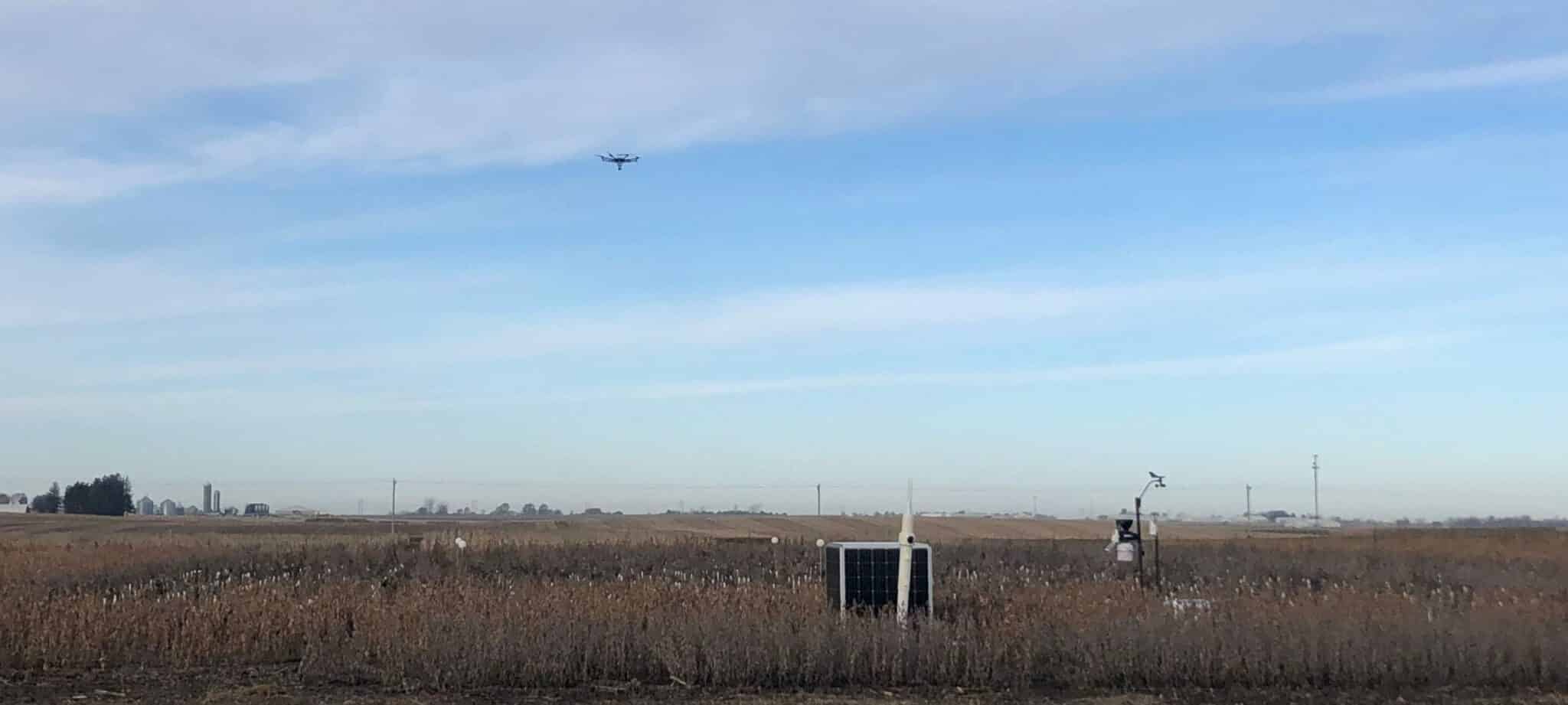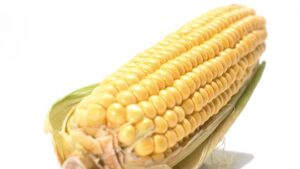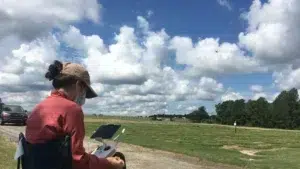A new federally funded project led by Iowa State University researchers will help farmers share data relevant to their operations with one another and improve production.
The Smart Integrated Farm Network for Rural Agricultural Communities (SIRAC) project recently received a three-year, nearly $1.5 million grant from the National Science Foundation to develop technology that will allow farmers to pool data and share knowledge to guide responses to production obstacles such as weeds, disease and pests. The effort will start out as a small pilot project and gradually expand to hundreds of farmers. The multidisciplinary research team will pair innovative data gathering methods with machine learning to make the information easily accessible to farmers in the program, said Asheesh Singh, a professor of agronomy at Iowa State and principal investigator on the grant.
The research team has identified central Iowa as a testbed for the new technology. Around 10 farmers in the region will participate in the pilot project, which will begin collecting data at the start of next year’s growing season. ISU researchers will use unmanned aerial vehicles and other cutting-edge technology to gather data on various aspects of their operations. For instance, the program will collect information on diseases affecting crops, as well as weather conditions, pests and weeds. Machine-learning algorithms will evaluate and sort the data and make relevant information available to other farmers participating in the project. Farmers can use the data to inform decisions on their own operations.
The value of the project ultimately comes down to the value of information, Singh said. The research team will try to find innovative ways to make sure the data made available to the community is as accurate, relevant and timely as possible.
“We know the right information can make farming more profitable and sustainable than if we didn’t have that information,” Singh said. “In this case we are empowering the users themselves to mitigate risks earlier or adjust their management practices based on information they wouldn’t have otherwise.”
Plans to Scale up Project
Singh said the research team plans to expand the project from the initial pilot scale to around 200 farmers by the conclusion of the grant. The researchers aim to create scalable protocols and technology to work for farmers across the Midwest and beyond growing virtually any crop. To do so, they’ll find ways to overcome limited broadband availability in rural areas and help participants familiarize themselves with the technology.
“Many of the conditions we’re interested in would mimic what a farmer is already keeping track of through scouting or the use of drone aircraft,” Singh said. “But instead of them keeping that information just to themselves, it’ll be uploaded through the portal and spread in the community. We’ll then use algorithms to optimize what information goes in and how quickly it’s shared with the community.”
Singh said the project will prioritize privacy to make sure no data are made available to the community that individual farmers aren’t comfortable with. These efforts will protect the identities of the participants and will allow farmers to hold back data specific to their operations that they don’t want disseminated to the community.
Other ISU members of the research team include Soumik Sarkar, an associate professor of mechanical engineering who will lead the efforts on machine learning; and Gil Depaula, assistant professor of economics who will lead an economic analysis.
Source: Iowa State













